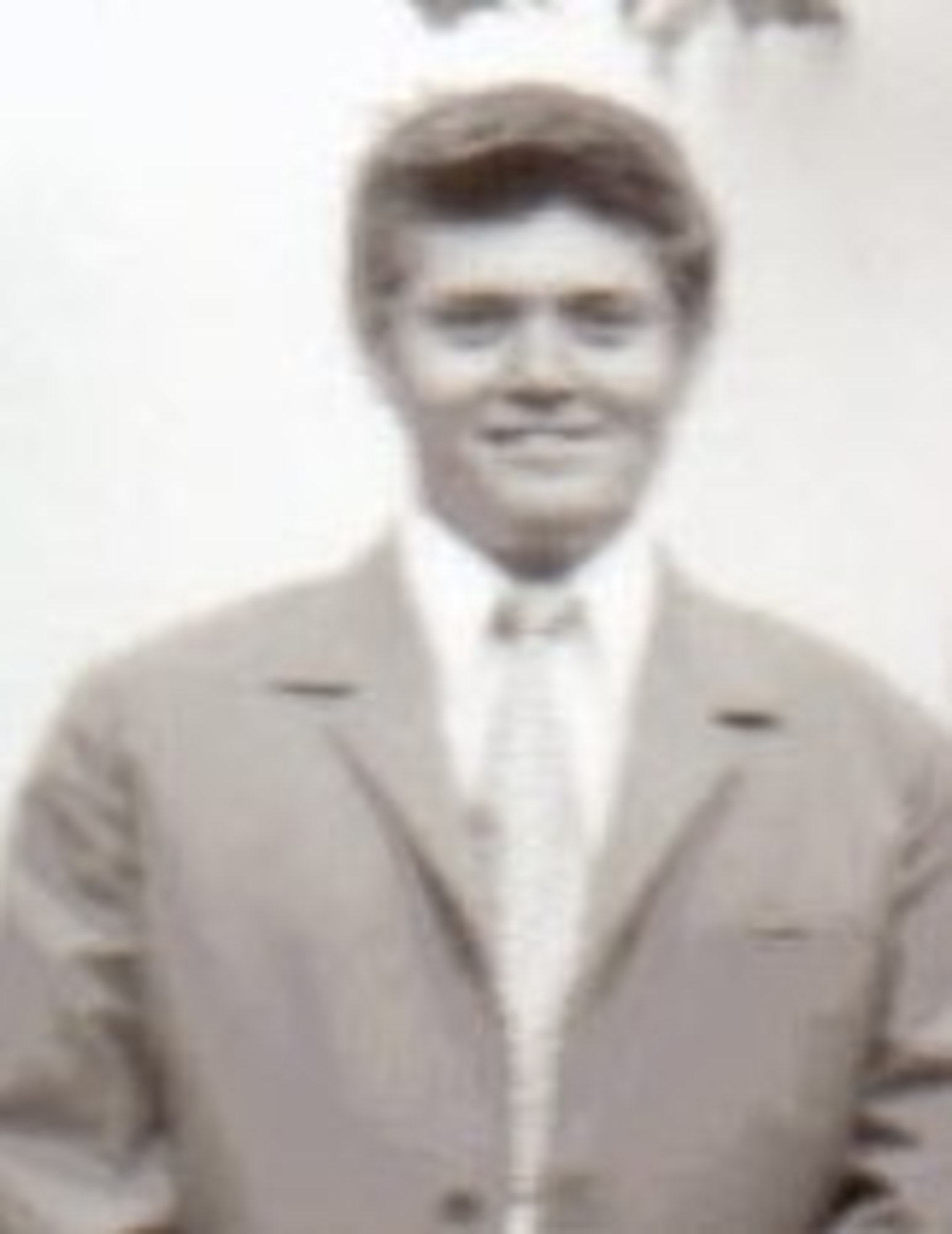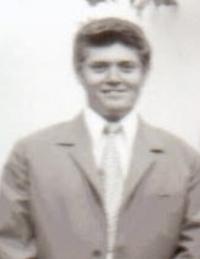We were born as Croats, we will die as Croats

Download image
Josef Regen was born in 1929 in Croatian Frélichov (present-day Jevišovka) in southern Moravia. His native language is Croatian and in the First Republic era he learnt Czech in school. After the takeover of the Sudetenland he attended a German school. During the war he learnt the watchmaker’s trade in Mikulov, and this trade became his lifelong occupation. In 1949 his family was moved out of Frélichov. His father refused the relocation to northern Moravia, and he therefore remained in Rajhradice near Brno. The family had to face many difficulties inflicted on them by the communist regime due to their origin. After 1989 Josef Regen became actively involved in the life of the Croatian community through the Association of Citizens of Croat Descent in the Czech Republic. At present he lives in Brno. He still speaks the Moravian dialect of Croatian actively and very well.
